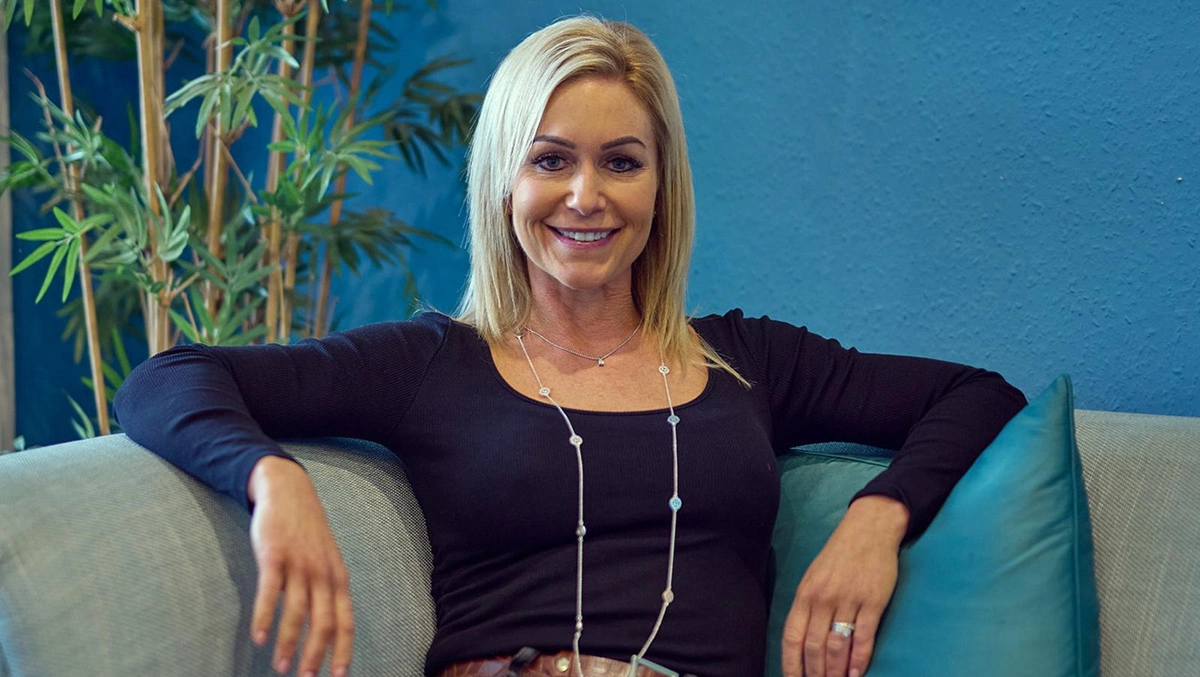
IWD 2024: Funding - The key to empowering female entrepreneurs in the UK
Despite vast strides made over the last 30 years or so, gender equality in UK business remains an uphill battle. The theme for this year’s International Women’s Day is "Inspire Inclusion," but with the latest figures suggesting that just 2p in every £1 invested in early-stage UK businesses goes to female-founding teams, there is clearly a need to address the glaring disparities in funding opportunities for female entrepreneurs in the UK.
While all-female founding teams secure just 2p in every £1 invested, all-male founding teams receive 85p in every £1 invested. This means businesses founded by all-male teams are nearly 43 times as likely to secure investment than their female-founded counterparts. Are men 43 times more likely to have a good idea or spot a gap in the market? Clearly not. So what is going on?
There are myriad reasons investors choose one business over another, but the starkness of these figures suggests a wider issue at play: Investors invest in people like themselves and in markets they understand. If we’re to diversify the kinds of businesses that secure investment and truly innovate across all sectors, we need to diversify the pool of investors so they can recognise missed opportunities and understand a wider range of problems and experiences that new innovations can solve.
One small glimmer of hope for female founders lies in the fact that female venture capitalists are twice as likely to support female-led start-ups than male venture capitalists. But with far fewer female investors than males and recent changes to government regulations exacerbating the situation, the odds aren’t looking great.
Why is this? I hear you cry.
Put simply, changes to investment rules since 31 January mean individuals now need an annual income exceeding £170k in order to become Angel investors. This is up a whopping 70% from £100k last year and means that only the top 1% of UK earners are now eligible - an exclusive club with fewer than 20% female members! As the next stop for most early-stage businesses after traditional banks, reducing the number of women who even qualify to become Angel investors in a single stroke has serious knock-on implications for investment in female-founded businesses.
Take my company for example. EaseTwist was inspired by my daily battles with the buggy straps on my children’s buggies and car seats when they were young. Fiddly and awkward to line up and tension correctly, it could take an age to get the children safely strapped into the car or buggy before heading out. There had to be an easier way.
Our solution—a patented safety buckle that can be clipped, correctly tensioned, or unclipped in a single twist—has been well received not only by the baby products market but also by emergency and rescue services, automotive, and leisure manufacturers. They recognise the benefits it provides—from improved safety to crucial time savings in emergency situations—and they want to place orders. But they can’t until we have full manufacturing facilities in place. This is where investment comes in.
But if customers can’t place orders without manufacturing facilities and banks (to date) won’t invest in those facilities without customer orders, it’s a seemingly intractable Catch-22 and precisely the kind of challenge where Angel Investors would come in.
'Start-up grants' are another potential option, but at the level of investment required, almost all of these come with significant matching funding requirements for the entrepreneur. The gender pay gap means women across the UK typically save a third less than their male counterparts so this again is more difficult for female founders. And if your lightbulb moment came about through having a family, you’re even less likely to be in a position to gamble any assets - such as the mortgage - on getting it off the ground.
Thankfully, as I write this column, the Chancellor has just announced Budget plans to reverse this huge Angel Investor income leap, but the damage will already be done before those changes come into effect.
Financial barriers such as these are impeding the development of promising ideas, stifling growth and our ability to create jobs and add value to the economy. Changes to investment rules that indirectly discriminate against female investors simply perpetuate the cycle of gender inequality in an entrepreneurial landscape where the odds can already seem stacked against female founders. I’ve been fortunate to receive tremendous support from technology accelerator BetaDen on the road to commercialisation, but while their experts can signpost businesses to funding providers, they can’t change the structures that currently entrench unconscious gender bias.
If we’re serious about Inspiring Inclusion in the business world, it’s crucial that stakeholders—including governments, financial institutions, and investors—reevaluate these traditional models and encourage greater diversity in the investment landscape. Breaking down these barriers is not just a women's issue; it is a societal imperative that will pave the way for a more vibrant and inclusive future for all.